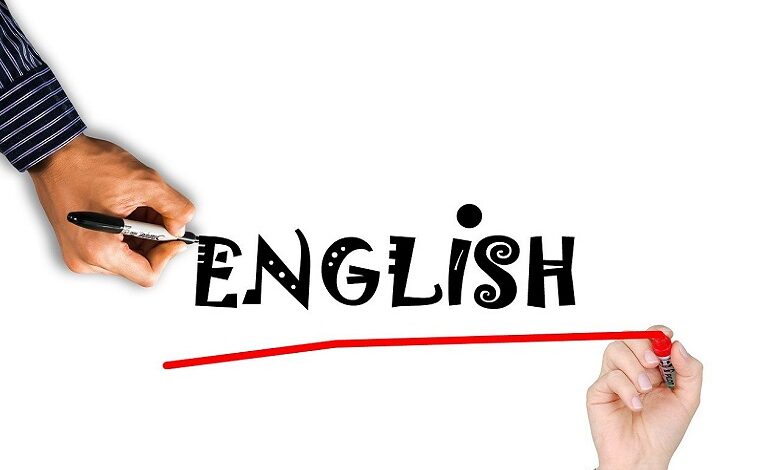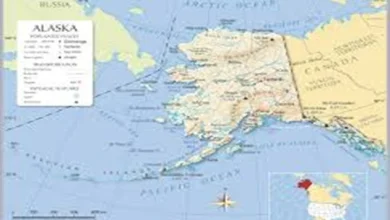The most popular languages in the world

English is becoming more popular in demand; children begin to learn it at an early age (at the school, you can study from the age of 3), adults and parents of children do not lose time either – look online or attend courses. It seems that everyone around knows and speaks English. These significantly fell when traveling or meeting with foreign partners.
The interesting fact: of the one billion-plus people in the world who speak English, only 33% consider it their native language.
The popularity of this language depends mainly on the necessity and geographic location of the country. How we imagine the prevalence and use of foreign languages can be very different from reality. It all depends on whether one speaks at the “Proficiency” level or is a native speaker.
There are now 100 most spoken languages globally, each with its origins, features, and value to the nationality. We suggest you take a slight dip into the world of languages and marvel at their diversity.
English
About 1 billion 132 million people learn this language .its languages that have no gender category, simple verb conjugation. There are also different resources available for learning English. Did you know? That the words “I,” “we,” “who,” “two,” and “three” are the oldest in the language; they appeared thousands of years ago.
English is the most prevalent spoken language globally, not only because of the number of native speakers but also because so many people learn it as a foreign language. English is part of the West Germanic language group and is the official language on 6 out of 7 continents (65% of native speakers are American). English is worth learning because it is the language of international communication, especially for business.
Chinese (Mandarin)
1 billion 117 million people Learn this language. Mandarin has the most significant number of native speakers of any language and speaks by 73% of the Chinese population. Mandarin is the most widespread language of Chinese. One of the reasons to learn this thousand-year-old giant! Mandarin contains 50 thousand characters, which, compared to 26 letters of the alphabet, scares many people. But don’t be alarmed; 2,500 characters are enough for a daily conversation in Mandarin.
Hindi
Six hundred fifteen million people Learn this language if you like languages where nouns have a gender category. Also, in Hindi, the pronunciation is easy, and the words read as they write. Did you know? There is no definite article in Hindi as there is in English “the.” Many associate Hindi with colorful Bollywood films or the chaotic traffic in Delhi. But Hindi has so much more to offer. Like 615 million potential people and access to an incredible variety of cultures! By giving this Indo-Aryan language a chance, you can discover fantastic music, entertaining films, and soulful people and see how closely it is still associated with the English language.
Spanish
Five hundred thirty-four million people Learn this language if you want to learn a speech in which words read as they write, but at the same time, you are not intimidated by complex grammar. Did you know? Spanish is also the official language in Central Africa and Equatorial Guinea.
This melodic, cheerful Romance language is winning new hearts in many countries. Also, the number of speakers of Spanish is growing due to its increasing cultural influence. Many believe that the Spanish language is intimidated by the pronunciation of the “g” sound, gender, and complex verb conjugation. However, we think these are all small things when looking at the big picture: access to 21 Spanish-speaking countries, understanding the words of your favorite party songs, and mastering one of the most in-demand languages nowadays.
French
Two hundred eighty million people Learn this language if they enjoy difficult pronunciation and complex grammar and want to speak the same language with people from many countries.
75% of French people during the French Revolution, French was not their first language. They spoke many regional languages. French continues to be a cultural giant, but the reason may not be as well Parisian as you think! Africa will effectively become the future of the French language, as 45% of all French speakers lived in Africa in 2018.
French speakers expect to reach 572 million by 2030 due to the growing population of Africa. Among other things, France continues to be a huge tourist attraction and a key country in world politics. The cultural diversity and rich history to which it gives us access are great reasons to start learning this lovely language today.




